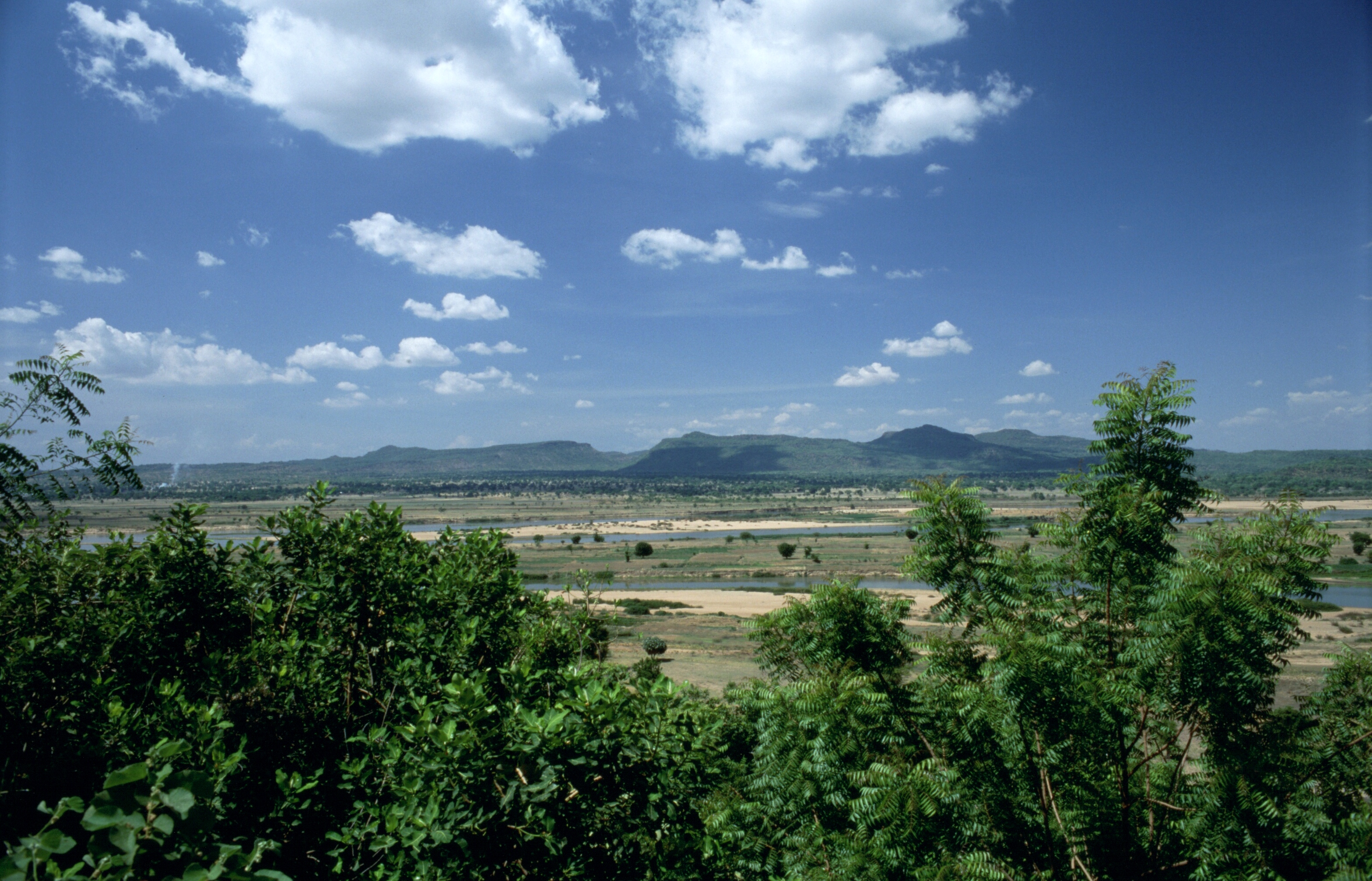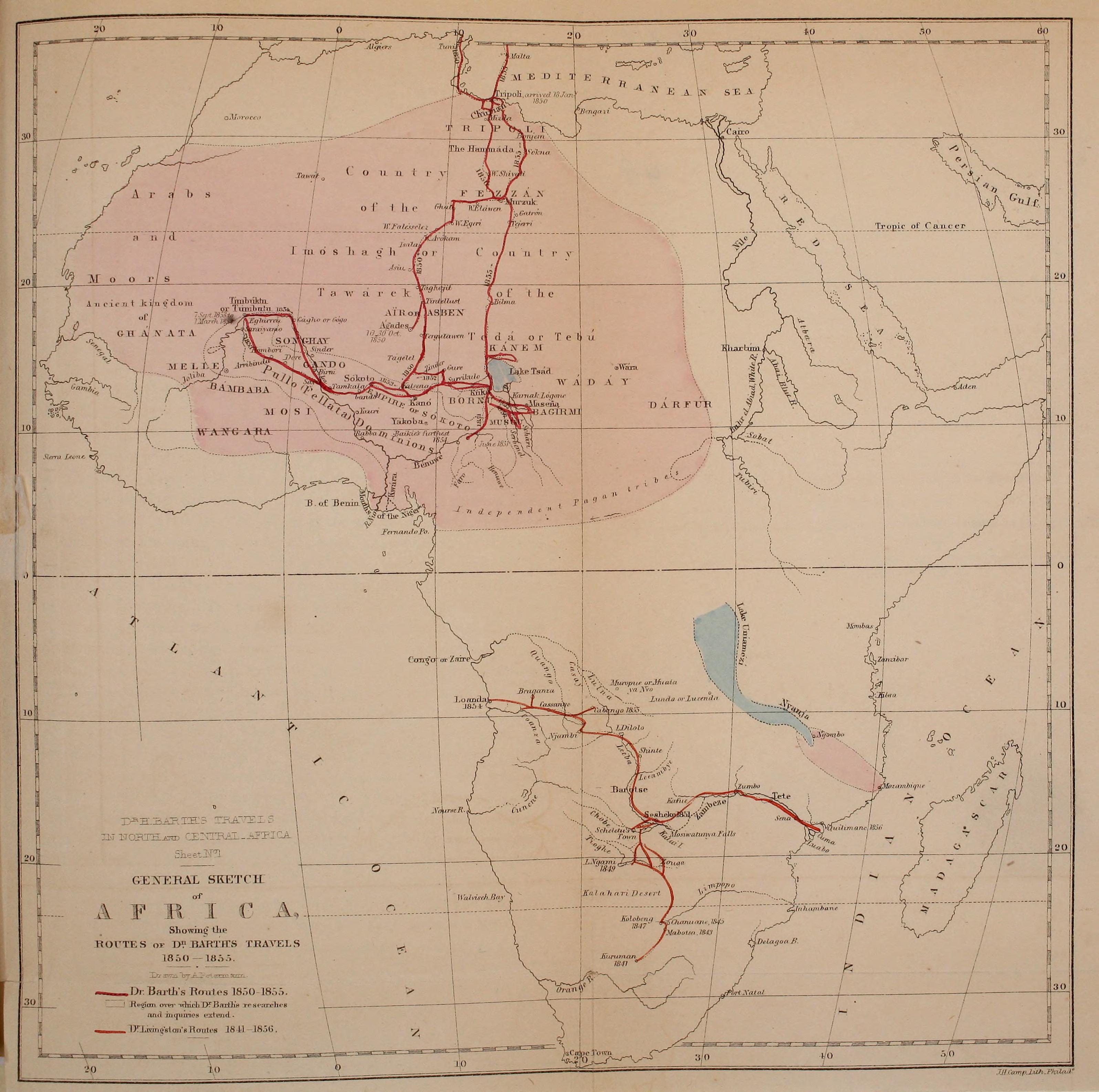|
Kilba
The Kilba are an ethnic group in the Hong local government area of Adamawa State (formerly Gongola State) in Nigeria. History In the past, Höba lived in large clan-based mountain communities. These mountain communities were Pella, Gwaja, Hong, Kulinyi, Garaha, Bangshika, Miljili, Gaya-jaba, Gaya-maki, Gaya-skalmi, Gaya-gou, Gaya Fa'a, Gaya Jabba, Ndlang, Hyama, Kinking, Motaku, Kwapor, Za and Zivi, all in the present Hong Local Government. The Höba clan-based mountain communities were each ruled by a "Töl köra ma" (King of the mountain community). "Köra ma" means "mountain top". Töl is pronounced as "ttle", which means King. A particular Töl therefore, was known by his clan name. Each of the mountain communities was made up of several villages. These villages had their method of communication. They had specific ways of doing everything, and life was very smooth and enjoyable. The Töl köra ma was a secular-cum-religious ruler. He had a cabinet made up of Yaduma, Mid ... [...More Info...] [...Related Items...] OR: [Wikipedia] [Google] [Baidu] |
Adamawa State
Adamawa state () is a state in the North-East geopolitical zone of Nigeria, bordered by Borno to the northwest, Gombe to the west, and Taraba to the southwest, while its eastern border forms part of the national border with Cameroon. It takes its name from the historic emirate of Adamawa, with the emirate's old capital of Yola, serving as the capital city of Adamawa state. The state is one of the most heterogeneous in Nigeria. with over 100 indigenous ethnic groups, formed in 1991, when the former Gongola state was broken up into Adamawa and Taraba states. Since its was carved out of the old Gongola State in 1991 by the General Ibrahim Badamsi Babangida military regime, Adamawa State has had 10 men, both military and civilian, controlling the levers of power, who played crucial roles in transforming the state into what it is today. Of the 36 states in Nigeria, Adamawa state is the eighth largest in area, but the thirteenth least populous with an estimated popupation ... [...More Info...] [...Related Items...] OR: [Wikipedia] [Google] [Baidu] |
Hong, Nigeria
Hong is both a town and a Local Government Area in Adamawa State Adamawa state () is a state in the North-East geopolitical zone of Nigeria, bordered by Borno to the northwest, Gombe to the west, and Taraba to the southwest, while its eastern border forms part of the national border with Cameroon. It ta ..., Nigeria. Hong is the home of the State College of Education. Government and infrastructure The local government administrative headquarters is located within Hong. The LGA falls under Adamawa Central Senatorial District and Gombi/Hong Federal Constituency. It has 12 political wards that are subdivided into two State Constituencies, with each having six wards. Hong Constituency comprises Bangshika ward, Daksiri ward, Hong ward, Husherizum ward, Shangui ward and Thilbang ward. Uba/Gaya Constituency comprises Garaha ward, Gaya ward, Hildi ward, Kwarhi ward, Mayo-lope ward and Uba ward. Communities Districts in the area include Dugwaba, Gaya, Hildi, Hong, Kulinyi, ... [...More Info...] [...Related Items...] OR: [Wikipedia] [Google] [Baidu] |
Village
A village is a clustered human settlement or community, larger than a hamlet but smaller than a town (although the word is often used to describe both hamlets and smaller towns), with a population typically ranging from a few hundred to a few thousand. Though villages are often located in rural areas, the term urban village is also applied to certain urban neighborhoods. Villages are normally permanent, with fixed dwellings; however, transient villages can occur. Further, the dwellings of a village are fairly close to one another, not scattered broadly over the landscape, as a dispersed settlement. In the past, villages were a usual form of community for societies that practice subsistence agriculture, and also for some non-agricultural societies. In Great Britain, a hamlet earned the right to be called a village when it built a church. [...More Info...] [...Related Items...] OR: [Wikipedia] [Google] [Baidu] |
Spasmodic
A spasm is a sudden involuntary contraction of a muscle, a group of muscles, or a hollow organ such as the bladder. A spasmodic muscle contraction may be caused by many medical conditions, including dystonia. Most commonly, it is a muscle cramp which is accompanied by a sudden burst of pain. A muscle cramp is usually harmless and ceases after a few minutes. It is typically caused by ion imbalance or muscle overload. There are other causes of involuntary muscle contractions, and some of these may cause a health problem. Description and causes Various kinds of involuntary muscle activity may be referred to as a "spasm". A spasm may be a muscle contraction caused by abnormal nerve stimulation or by abnormal activity of the muscle itself. A spasm may lead to muscle strains or tears in tendons and ligaments if the force of the spasm exceeds the tensile strength of the underlying connective tissue. This can occur with a particularly strong spasm or with weakened connective ... [...More Info...] [...Related Items...] OR: [Wikipedia] [Google] [Baidu] |
Israelites
The Israelites (; , , ) were a group of Semitic-speaking tribes in the ancient Near East who, during the Iron Age, inhabited a part of Canaan. The earliest recorded evidence of a people by the name of Israel appears in the Merneptah Stele of ancient Egypt, dated to about 1200 BCE. According to the modern archaeological account, the Israelites and their culture branched out of the Canaanite peoples and their cultures through the development of a distinct monolatristic—and later monotheistic—religion centred on the national god Yahweh.Mark Smith in "The Early History of God: Yahweh and Other Deities of Ancient Israel" states "Despite the long regnant model that the Canaanites and Israelites were people of fundamentally different culture, archaeological data now casts doubt on this view. The material culture of the region exhibits numerous common points between Israelites and Canaanites in the Iron I period (c. 1200–1000 BCE). The record would suggest that the Israe ... [...More Info...] [...Related Items...] OR: [Wikipedia] [Google] [Baidu] |
Egypt
Egypt ( ar, مصر , ), officially the Arab Republic of Egypt, is a transcontinental country spanning the northeast corner of Africa and southwest corner of Asia via a land bridge formed by the Sinai Peninsula. It is bordered by the Mediterranean Sea to the north, the Gaza Strip of Palestine and Israel to the northeast, the Red Sea to the east, Sudan to the south, and Libya to the west. The Gulf of Aqaba in the northeast separates Egypt from Jordan and Saudi Arabia. Cairo is the capital and largest city of Egypt, while Alexandria, the second-largest city, is an important industrial and tourist hub at the Mediterranean coast. At approximately 100 million inhabitants, Egypt is the 14th-most populated country in the world. Egypt has one of the longest histories of any country, tracing its heritage along the Nile Delta back to the 6th–4th millennia BCE. Considered a cradle of civilisation, Ancient Egypt saw some of the earliest developments of writing, agr ... [...More Info...] [...Related Items...] OR: [Wikipedia] [Google] [Baidu] |
Western Sudan
Sudan is the geographical region to the south of the Sahara, stretching from Western Africa to Central and Eastern Africa. The name derives from the Arabic ' (), or "the lands of the Blacks", referring to West Africa and northern Central Africa. Historically, the name was understood to denote the western part of the Sahel region. It thus roughly encompassed the geographical belt between the Sahara and the coastal West Africa. In modern usage, the term "Sudan" is also used in a separate context to refer specifically to the geographic region comprising the present-day countries of the Sudan, including its western region which forms a part of the country, and South Sudan, which gained its independence in 2011. In order to avoid confusion, the term "the Sudans" has become the preferred option when describing this region. Geography Sudan is marked by hay, forest cliffs and gallery forests along the rivers. Drought and livestock grazing threaten the area with desertification ... [...More Info...] [...Related Items...] OR: [Wikipedia] [Google] [Baidu] |
Heinrich Barth
Johann Heinrich Barth (; ; 16 February 1821 – 25 November 1865) was a German explorer of Africa and scholar. Barth is thought to be one of the greatest of the European explorers of Africa, as his scholarly preparation, ability to speak and write Arabic, learning African languages, and character meant that he carefully documented the details of the cultures he visited. He was among the first to comprehend the uses of oral history of peoples, and collected many. He established friendships with African rulers and scholars during his five years of travel (1850–1855). After the deaths of two European companions, he completed his travels with the aid of Africans. Afterwards, he wrote and published a five-volume account of his travels in both English and German. It has been invaluable for scholars of his time and since. Early life and education Heinrich Barth was born in Hamburg on 16 February 1821. He was the third child of Johann Christoph Heinrich Barth and his wife Charlotte ... [...More Info...] [...Related Items...] OR: [Wikipedia] [Google] [Baidu] |
Clan
A clan is a group of people united by actual or perceived kinship and descent. Even if lineage details are unknown, clans may claim descent from founding member or apical ancestor. Clans, in indigenous societies, tend to be endogamous, meaning that their members can marry one another. Clans preceded more centralized forms of community organization and government, and exist in every country. Members may identify with a coat of arms or other symbol to show that they are an . Kinship-based groups may also have a symbolic ancestor, whereby the clan shares a "stipulated" common ancestor who serves as a symbol of the clan's unity. Etymology The English word "clan" is derived from old Irish meaning "children", "offspring", "progeny" or "descendants"; it is not from the word for "family" or "clan" in either Irish or Scottish Gaelic. According to the '' Oxford English Dictionary'', the word "clan" was introduced into English in around 1425, as a descriptive label for the organ ... [...More Info...] [...Related Items...] OR: [Wikipedia] [Google] [Baidu] |
Community
A community is a social unit (a group of living things) with commonality such as place, norms, religion, values, customs, or identity. Communities may share a sense of place situated in a given geographical area (e.g. a country, village, town, or neighbourhood) or in virtual space through communication platforms. Durable good relations that extend beyond immediate genealogical ties also define a sense of community, important to their identity, practice, and roles in social institutions such as family, home, work, government, society, or humanity at large. Although communities are usually small relative to personal social ties, "community" may also refer to large group affiliations such as national communities, international communities, and virtual communities. The English-language word "community" derives from the Old French ''comuneté'' ( Modern French: ''communauté''), which comes from the Latin '' communitas'' "community", "public spirit" (from Latin ''commun ... [...More Info...] [...Related Items...] OR: [Wikipedia] [Google] [Baidu] |
Pella
Pella ( el, Πέλλα) is an ancient city located in Central Macedonia, Greece. It is best-known for serving as the capital city of the ancient Greek kingdom of Macedon, and was the birthplace of Alexander the Great. On site of the ancient city is the Archaeological Museum of Pella. Etymology The name is probably derived from the word ''pella'', ( grc, πέλλα), "stone" which seems to appear in some other toponyms in Greece like Pellene.S.Solders ''Der unsprüngliche Apollon'' AfRw. XXXII,1935 S.142ff : M.Nilsson (1967): ''Die Geschichte der Griechische Religion'' Vol. I. C.F.Verlag München, p.204M.Nilsson (1967): ''Die Geschichte der Griechische Religion'' Vol. I. C.F.Verlag München, p.558 Julius Pokorny reconstructs the word from the Proto-Indo-European root peli-s, pel-s, Old Indian: pāsāna, stone (from *pars, *pels), Greek: , , stone, Hesychius (*pelsa), Pashto: parša (*plso), cliff, Germanic : *falisa, German: Fels, Old Norse: fell (*pelso), Illyrian: *pe ... [...More Info...] [...Related Items...] OR: [Wikipedia] [Google] [Baidu] |







_4th_Century_retouched.jpg)